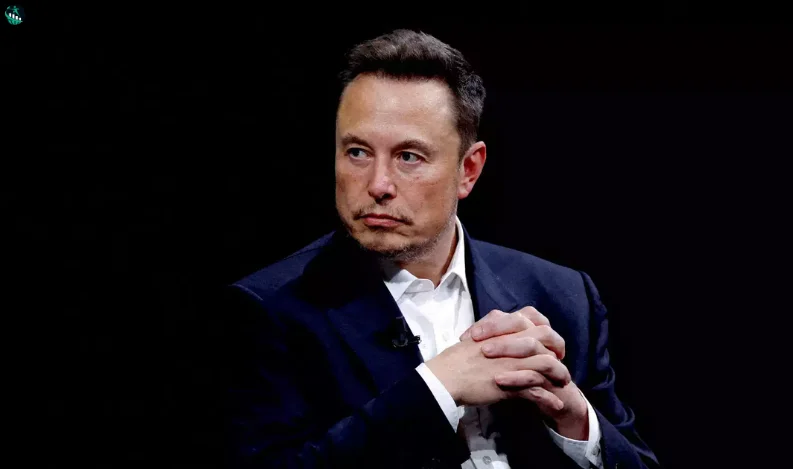
The Great H-1B Debate – Where Trump and Musk Disagree
WASHINGTON: The future of the H-1B visa program, which has been a key pillar in the United States' recruitment of foreign skilled labor, is currently at the center of a clash between Elon Musk and Donald Trump. While Musk advocates for the continued influx of highly skilled immigrants, especially for tech companies like Tesla, Trump's stricter immigration stance could dramatically alter the rules around these visas.
Musk's Dependence on H-1B Workers
Tesla, the electric vehicle giant led by Musk, has become one of the top-25 employers of H-1B visa holders, with 1,787 H-1B visas approved for Tesla employees this year alone. According to data from the U.S. Citizenship and Immigration Services (USCIS), Tesla has become increasingly reliant on foreign talent, especially as the demand for innovation in the automotive and tech industries intensifies.
Musk himself has a unique immigration backstory. His career began with a controversial twist, having worked illegally in the U.S. on a student visa for a Stanford University program he never attended. Despite this, his success story highlights the critical role of skilled foreign workers in Silicon Valley, and by extension, Tesla’s expansion.
Trump’s Stance on H-1B Visas
Meanwhile, President-elect Donald Trump has historically pushed for stricter immigration policies. His administration's stance on H-1B visas has been far more restrictive, as seen in his 2020 executive order that suspended the issuance of new H-1B visas during the COVID-19 pandemic. Although the order was overturned, the sentiment against mass immigration, particularly of skilled foreign workers, remains central to Trump’s policy.
Trump has frequently argued that foreign workers undercut American jobs and that tightening the H-1B visa process would ensure that U.S. workers are prioritized. During his previous term, the administration imposed stricter measures that made it more difficult for tech companies to hire foreign talent, raising costs and creating roadblocks for Indian IT professionals and other skilled workers.
The U.S. caps the number of H-1B visas at 65,000 per year, with an additional 20,000 available for applicants holding advanced degrees from U.S. institutions. This limitation has been a point of contention for tech executives like Musk and his supporters, who argue that the U.S. needs more skilled workers to maintain its competitive edge in global markets.
A Clash of Interests
This is where the interests of Musk and Trump diverge. As co-chair of the newly created Department of Government Efficiency, Musk could find himself at odds with Trump’s administration over the future of the H-1B program. Musk, who has actively sought foreign talent to meet Tesla's rapidly growing demands, might push for the expansion of H-1B visas to attract the best and brightest workers globally.
In contrast, David Sacks, a tech executive and ally of Trump, may align with the former president’s vision for more restrictive visa policies, especially for workers who may not directly contribute to the U.S. economy in the way Trump’s administration envisions. In a podcast conversation, Sacks and others in the tech world urged Trump to increase the availability of H-1B visas, emphasizing the need for "high-skilled workers."
Trump’s response, however, indicated a more cautious approach, stating that only "the most skilled graduates" who can make "significant contributions" to the U.S. would be allowed to stay, after an "aggressive vetting process."
The Road Ahead
As the debate over H-1B visas continues, the stakes are high for both the tech industry and the future of U.S. immigration policy. If Musk and Sacks push for a more lenient approach, it will be interesting to see how Trump and his administration reconcile their priorities. Will the U.S. government tighten its grip on skilled immigration, or will Musk's influence lead to a more inclusive policy that benefits companies like Tesla?
As this tension unfolds, it could reshape the trajectory of the H-1B visa program and have lasting effects on industries reliant on foreign talent.



Recent Comments: